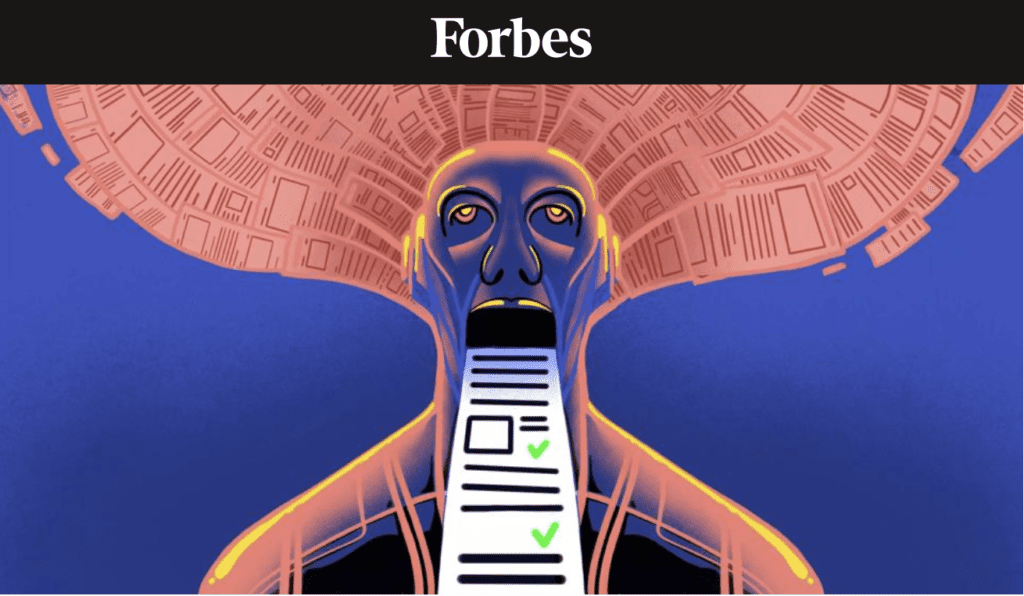The answer: both suffer from a “truthiness” problem.
Truthiness is a term coined by Stephen Colbert to describe the tactic of weaving facts into a false narrative. Conspiracy theories like QAnon rely on truthiness, using individual data points to reach wild and untrue conclusions like ISIS was created by the CIA or a hidden Deep State runs the U.S. government. Like it or not, human beings are highly susceptible to truthiness: research indicates that 50% of Americans believe in at least one conspiracy theory.
The AI business also suffers from a “truthy” belief: that when black box algorithms are used to make high-stakes decisions—like who gets approved for a loan, a job interview, or even an organ transplant—the fact that we don’t know HOW these algorithms reach their decisions is not a problem so long as an AI developer can “explain” a model’s reasoning.



